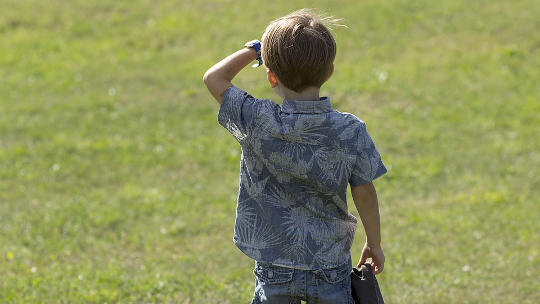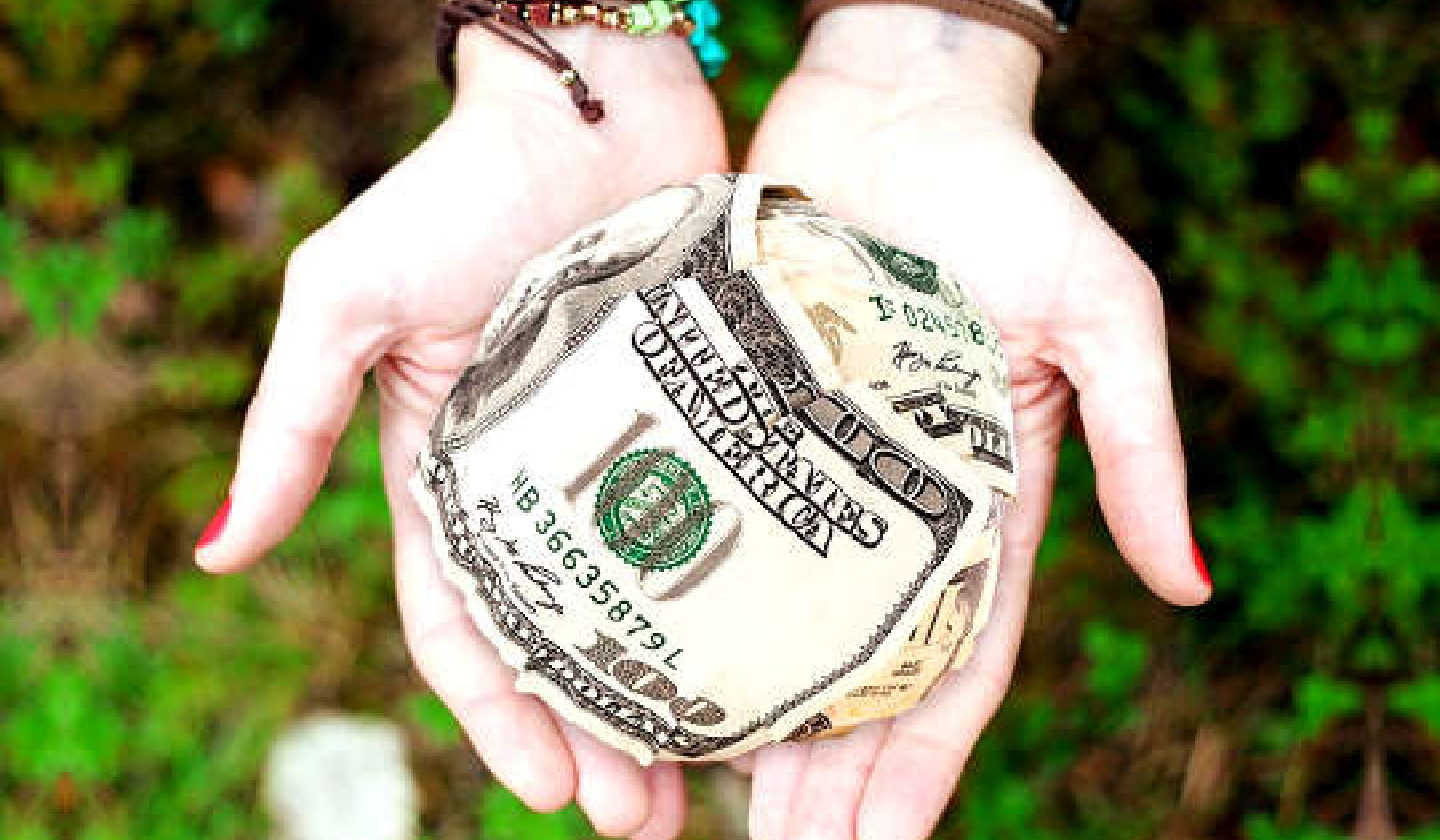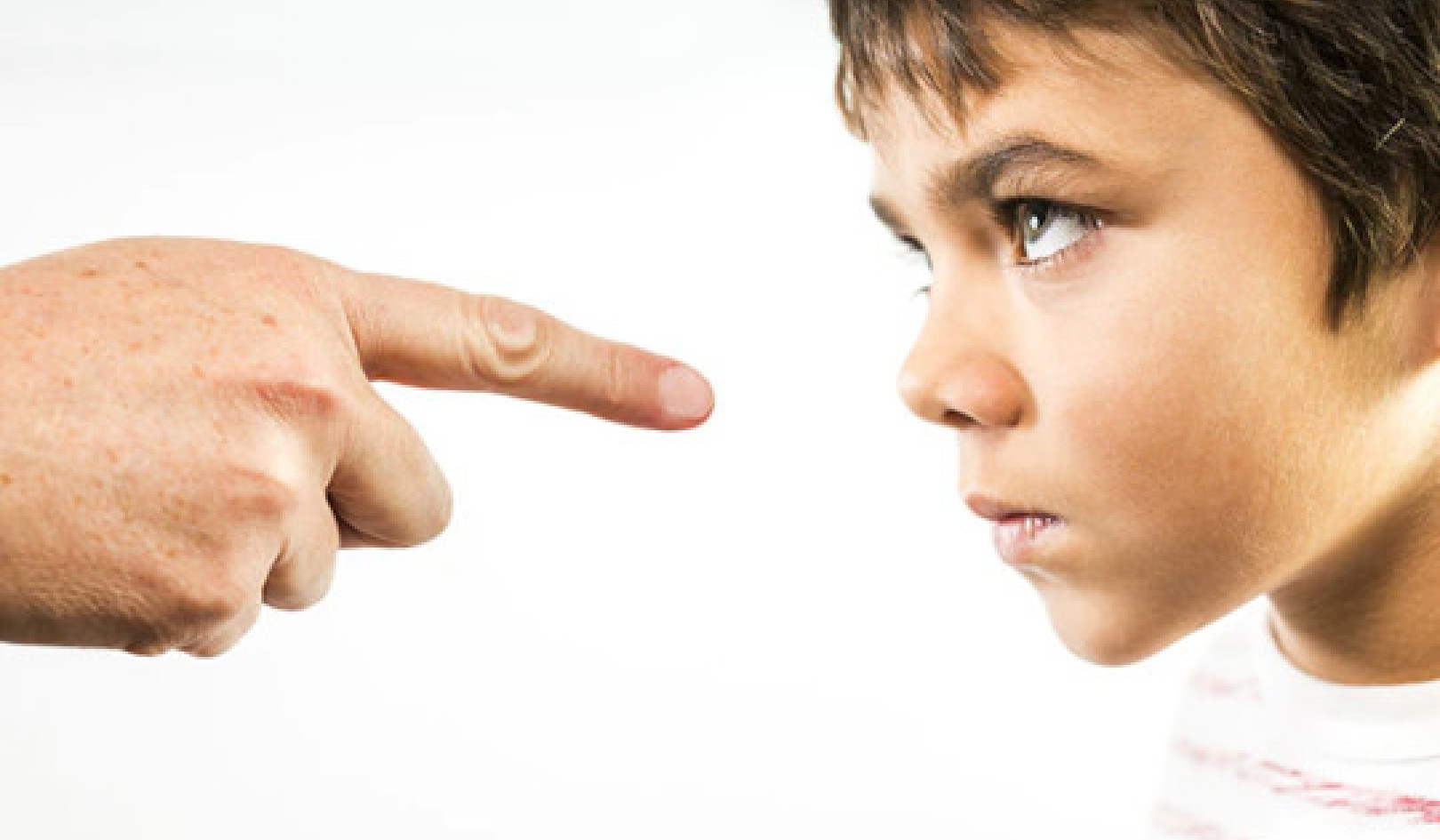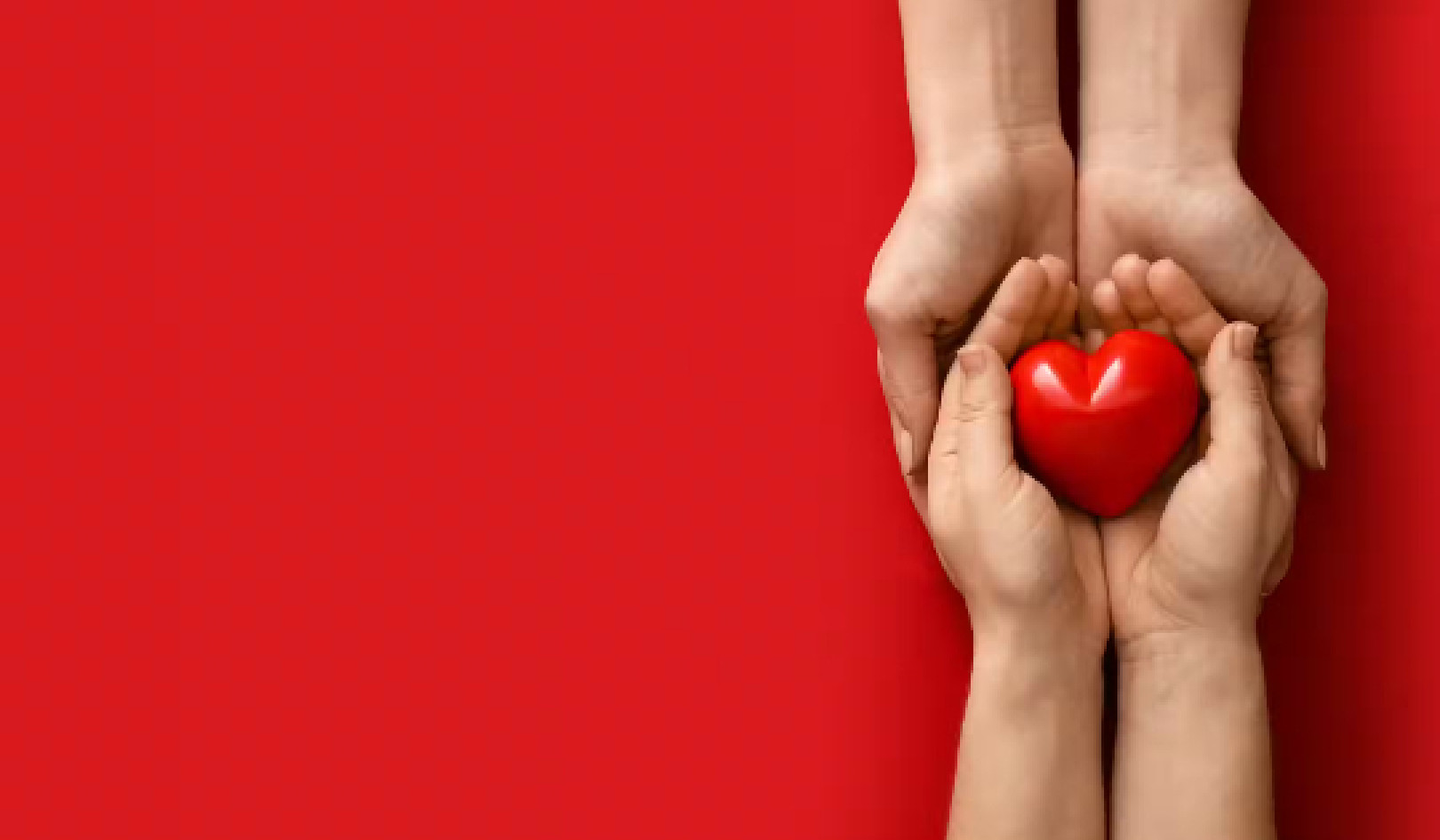
In his book, Toward Manhood: The Wilderness of the Soul, Larry Pesavento goes into detail about the “father wound” of absent men in the lives of male children, whether it’s a physical absence in the home or a mental and emotional absence. He describes the pernicious effects of men who, in turn, fail to become men as a result of living a life dominated by “the dark mother.” It is a voice or imperative that teaches men to be unconscious and passive, to be self-indulgent and hide secrets. It creates shame and fosters denial.
It’s this mindset that causes men to perpetuate horrors and not accept blame but blame others, pretending that their excesses were alternatively not worth notice or were merited by circumstances, however fanciful or self-serving. It creates addictions and insulates men from their emotions and from each other, thus perpetuating the wound and its effects on men and society.
The Father Wound in Our Society
In Pesavento’s view, only a warrior mentality with a sword of truth can cut through the dark mother energy. He gives true-life stories of dysfunctional relationships handed down through generations, from father to son, because of this complex. It breeds absent fathers, if present at all, more bent on their careers than attending to parenting, and leads to sons enacting the dreams of their fathers and not their own because of it. This father wound, the void of real love and honest emotion between fathers and sons, he says, makes men distrustful of other men, innately worried that they are rivals for the dark mother’s energy.
Pesavento calls the father wound epidemic in our society, providing a faulty model or training manual for fatherhood. Like original sin, it’s visited upon the generations from father to son without end, unless something comes along to break the cycle. He is sympathetic, saying that there are no bad guys, and most fathers do their best, but the wound exists. Seeing our fathers as brothers in pain and darkness is a way to cut through the dark mother’s energy.
In the absence of a strong father figure, boys and young men pick up on the patriarchy of society to mold them; they become victims perpetuating their own woundedness. By this estimation, all men are victims of the sins of the fathers, as the Bible tells it, visited generation upon generation. They live their lives in darkness, unable to see themselves and each other as victims and, hence, continue to victimize each other.
Recognizing The Excesses of Patriarchy
I see a lot of myself and my father in Pesavento’s analogy of the Dark Mother. I don’t mean my mother but the concept of divided loyalties. Like millions of others, my father came home from World War II victorious, having conquered the foreign foe. It was good versus evil, with the West allied against Nazi Germany. As Tom Brokaw wrote, his was The Greatest Generation.
His generation, through the GI Bill and postwar prosperity, also created a huge middle class that saw incomes and life chances rise. The men who came home from war refused to return to life on the farms where they had grown up; instead, they flocked to cities and created suburbia. They had the best standard of living ever known, and yet it wasn’t enough to stop war, or competitiveness, or all the excesses of patriarchy.
Rather than winning a war and creating peace, they created another war, the Cold War, that made competitive greed over land, resources, and beliefs a matter of mutually assured destruction. Called MAD—and it truly was—this nuclear standoff meant that hundreds of millions of people lived in fear daily that one side would launch a missile strike that would end in the annihilation of both countries. Only now is it being revealed how close this came to happening during the Bay of Pigs, perhaps prevented only by a Russian submarine captain who refused to follow what turned out to be erroneous orders.
My Father, My Hero
To my young child’s eyes, my father was a hero—and he was. He was a country boy who grew up on a farm in rural America, volunteered to go to war, and went through some of the bloodiest fighting in the Pacific. Stationed on Guam, he saw fellow soldiers picked off by snipers, waged constant guerilla warfare with a mobile, determined enemy, and lived off the land.
As a child, I played “war” with imaginary foxholes, shooting imaginary bullets, defeating imaginary enemies—often enough that my great, big, brave father one day took me aside and asked, “Jim, do you really want to do this?”
He explained to me the reality of war, the ugliness of it, how it turned men into killing machines, animals who lived by a credo of kill or be killed. There was nothing glamorous about it, he said. He volunteered for battle because he thought it was a way to fight for his country and be brave and valorous. But what he saw sickened him; he saw senseless slaughter, unimaginable atrocities, and fickle deaths that had no rhyme or reason. He saw his friends die and shared the survivors guilt with those who didn’t catch the bullet that day.
I’m grateful to my father for giving me this talk. His words were heartfelt, and I could tell it was difficult for him to share, his words torn from his gut, not elegant but blunt, halting, and sincere. I remember it to this day, more than half a century later.
The Healing of a Generation
Much of his anguish was played out in harsh and inappropriate ways. We have a generation of young men—veterans from Iraq, Afghanistan, and other conflicts around the globe—who are also carrying immeasurable pain and suffering. Certain shamanic practices, such as recapitulation, have helped me heal those wounds and not pass them along to my son and grandson. For example, when I was growing up, my parents were in their 20s and 30s. No wonder they made mistakes! Now I have been a parent, too, and have made my own mistakes.
It is true what the Bible says: When you were a child, you saw through the eyes of a child. Now, you can see the same events through the eyes of an adult, to grow with these experiences, put them in perspective, and move on.
Updating our memories through recapitulation, while practicing forgiveness, compassion, and gratitude, is a way toward inner growth and wisdom. It can help chart a path toward new beginnings unencumbered by unnecessary pain and resentment from the past.
Heeding the Voice of Experience
My father’s words had a profound effect on me. By sharing with me his pain and confusion, his own saga of manhood as a warrior, and explaining the facts of war versus the patriotic exhortation toward war and domination over others, I was able to see the truth that many of my generation had to learn the hard way.
As a consequence of this sharing, from warrior to son, I chose a different way. I was a conscientious objector during the Vietnam War and pursued a path of peace, however elusive it sometimes seemed to be.
His were the words of an experienced adult, not the adolescent who urges toward events and outcomes he knows not. We need more such voices in our society, heeding the elders who have hard-won wisdom to share.
©2015 by Jim PathFinder Ewing. All Rights Reserved.
Reprinted with permission of the publisher,
Findhorn Press. www.findhornpress.com.
Article Source
 Redefining Manhood: A Guide for Men and Those Who Love Them
Redefining Manhood: A Guide for Men and Those Who Love Them
by Jim PathFinder Ewing.
Click here for more info and/or to order this book.
About the Author
 Jim PathFinder Ewing is an award-winning journalist, workshop leader, inspirational speaker and author in the fields of mind-body medicine, organic farming and eco-spirituality. He has written about, taught and lectured on Reiki, shamanism, spiritual ecology, integrative medicine and Native American spirituality for decades. He is the author of numerous books on the spiritual aspects of food, sustainability, mindfulness and alternative health, published in English, French, German, Russian and Japanese. For more, see his website: blueskywaters.com
Jim PathFinder Ewing is an award-winning journalist, workshop leader, inspirational speaker and author in the fields of mind-body medicine, organic farming and eco-spirituality. He has written about, taught and lectured on Reiki, shamanism, spiritual ecology, integrative medicine and Native American spirituality for decades. He is the author of numerous books on the spiritual aspects of food, sustainability, mindfulness and alternative health, published in English, French, German, Russian and Japanese. For more, see his website: blueskywaters.com
Listen to an interview with Jim about what Redefining Manhood actually entails.






























